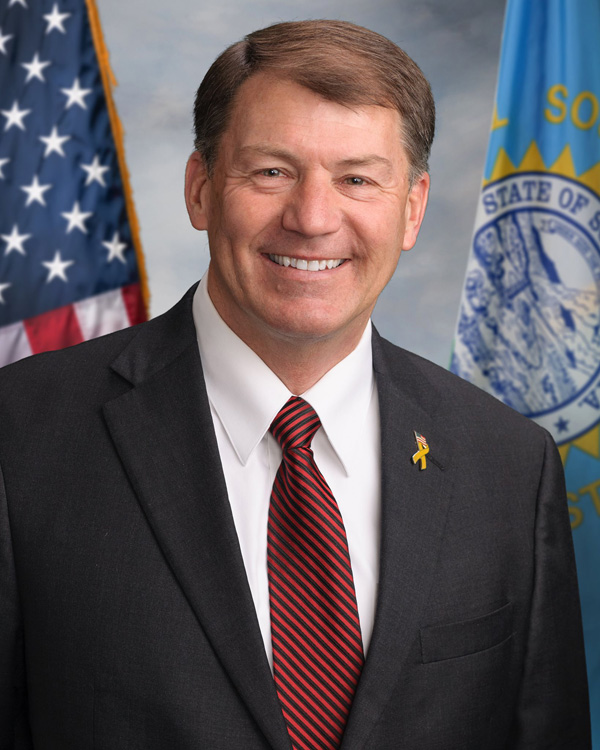

Defending Those Who Defend America
By Sen. John Thune
The Senate recently completed consideration of the National Defense Authorization Act (NDAA) – annual legislation to authorize funding for our military and national defense. Like the last two NDAAs, this year’s bill focuses on restoring military readiness and ensuring that our nation is prepared to meet threats posed by major powers like Russia and China.
A lot of people tend to take it for granted that we have the strongest military in the world. But the truth is, years of underfunding and budgetary uncertainty, combined with heavy operational demands, left our military under-equipped, under-manned, and under-prepared to meet the threats of the 21st century.
In November 2018, the bipartisan National Defense Strategy Commission released a report warning that our readiness had eroded to the point where we might struggle to win a war against a major power like Russia or China. And the commission noted that we would be especially vulnerable if we were ever called on to fight a war on two fronts. Over the past two years, we’ve made real progress on restoring military readiness. But we still have more work to do.
This year’s NDAA continues our investment in ensuring that our military is prepared to meet current and future threats – in any domain. In particular, it focuses on implementing the National Defense Strategy by building on the work we’ve done to ensure our country is prepared to counter the threat posed by great powers. Most notably, the bill establishes the Pacific Deterrence Initiative, which will act as a check on Chinese aggression in the Pacific region. It will help ensure that American troops are better prepared to meet threats in that area of the world. And it will send a clear message to China that America is committed to the security of our allies in the Pacific and keeping global waterways open and free.
No matter what weapons or ships or technology we have, our greatest resource will always be the men and women of the United States military. And we have an obligation to them – and to their families – to ensure that they have all the resources they need to meet the threats we ask them to face. We also need to make sure that we are supporting a high quality of life for our military members and their families.
This year’s NDAA supports a 3 percent pay raise for our troops. It also builds on previous measures to improve military health care and housing. And it contains measures to support families in areas like child care and professional development for military spouses. Recognizing that our obligation to the men and women in uniform continues beyond their service, it also expands presumptive coverage for Agent Orange exposure.
The NDAA is one of the most important pieces of legislation we pass every year, a sentiment underscored by the fact that our adversaries have been making significant investments in their militaries – making their goals clear to not only challenge the United States and our allies, but intimidate their neighbors and expand their spheres of influence. Alarmingly, we have seen such aggressive activity include attempting to steal medical data and coronavirus vaccine research, threats that necessitate the expanded investment in cyber capabilities provided in the NDAA.
This NDAA likewise continues our military modernization efforts. I’m honored to represent Ellsworth Air Force Base in the U.S. Senate, and as we look forward with great anticipation to the future B-21 bomber mission, I am committed to helping the base prepare for their arrival. This will not only include investments in base infrastructure, but also working to optimize the Powder River Training Complex airspace to ensure adequate space for realistic combat training.
While the Senate has passed its bill, we have more work ahead of us, and I look forward to working with my colleagues of both parties to advance this NDAA and get our military men and women the resources they need to defend our nation.
###




 Thune: Digital Consumers Deserve and Expect Adequate Online Control and Protection
Thune: Digital Consumers Deserve and Expect Adequate Online Control and Protection



